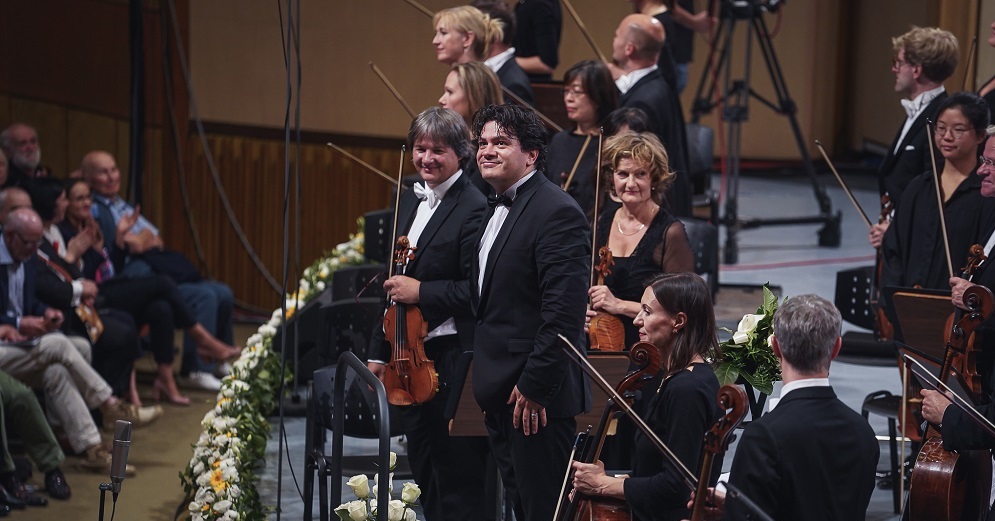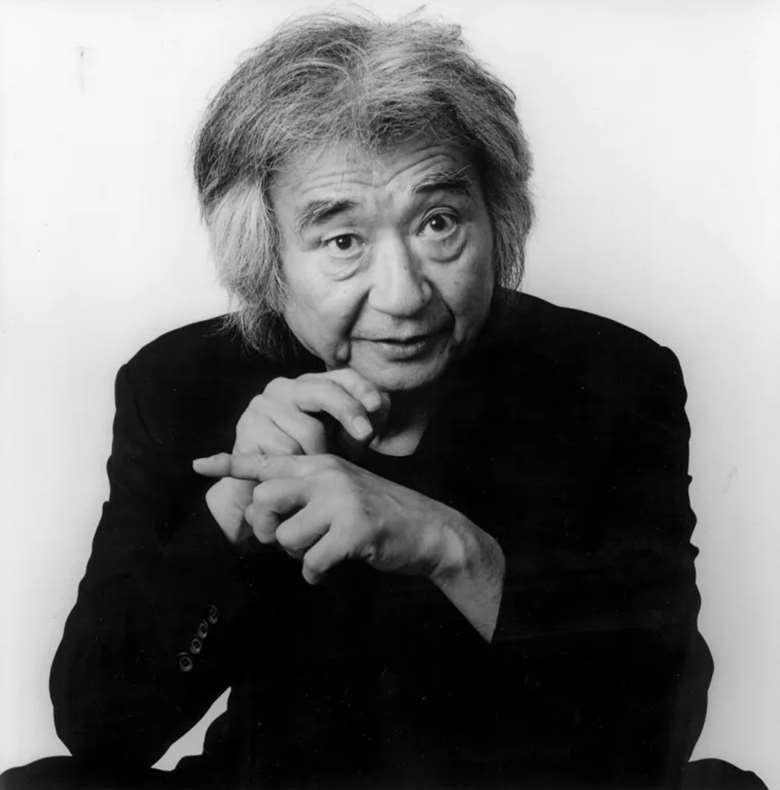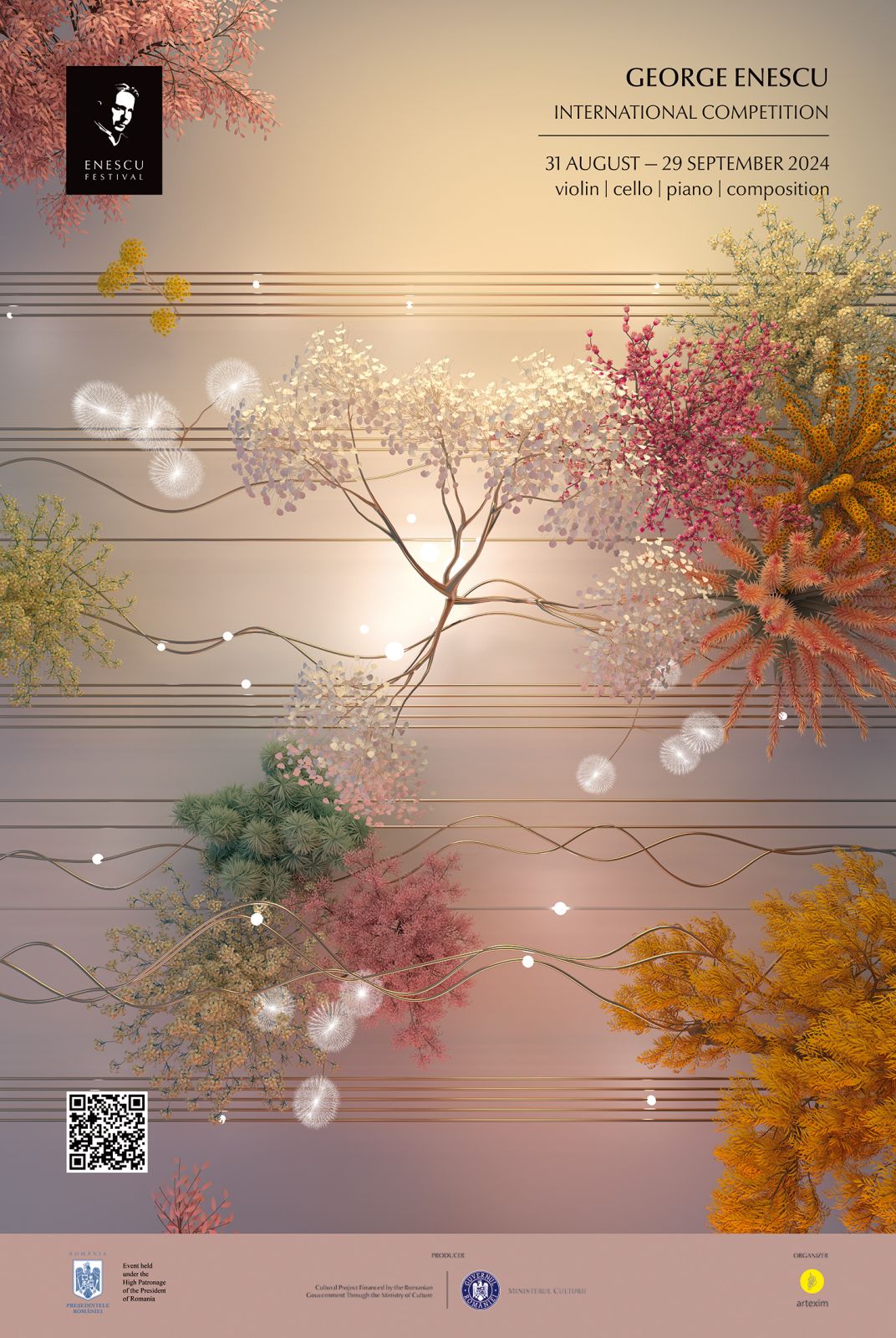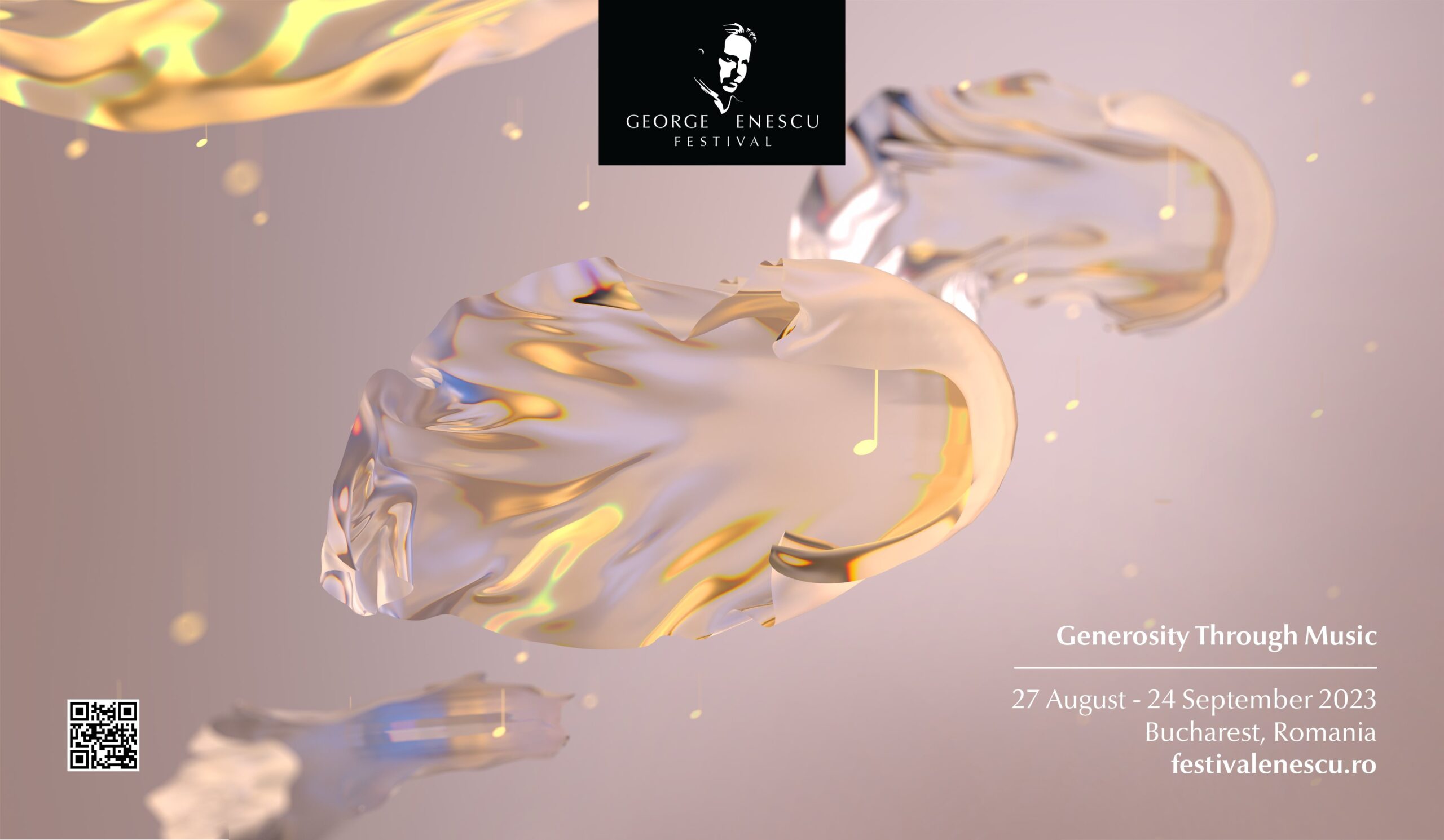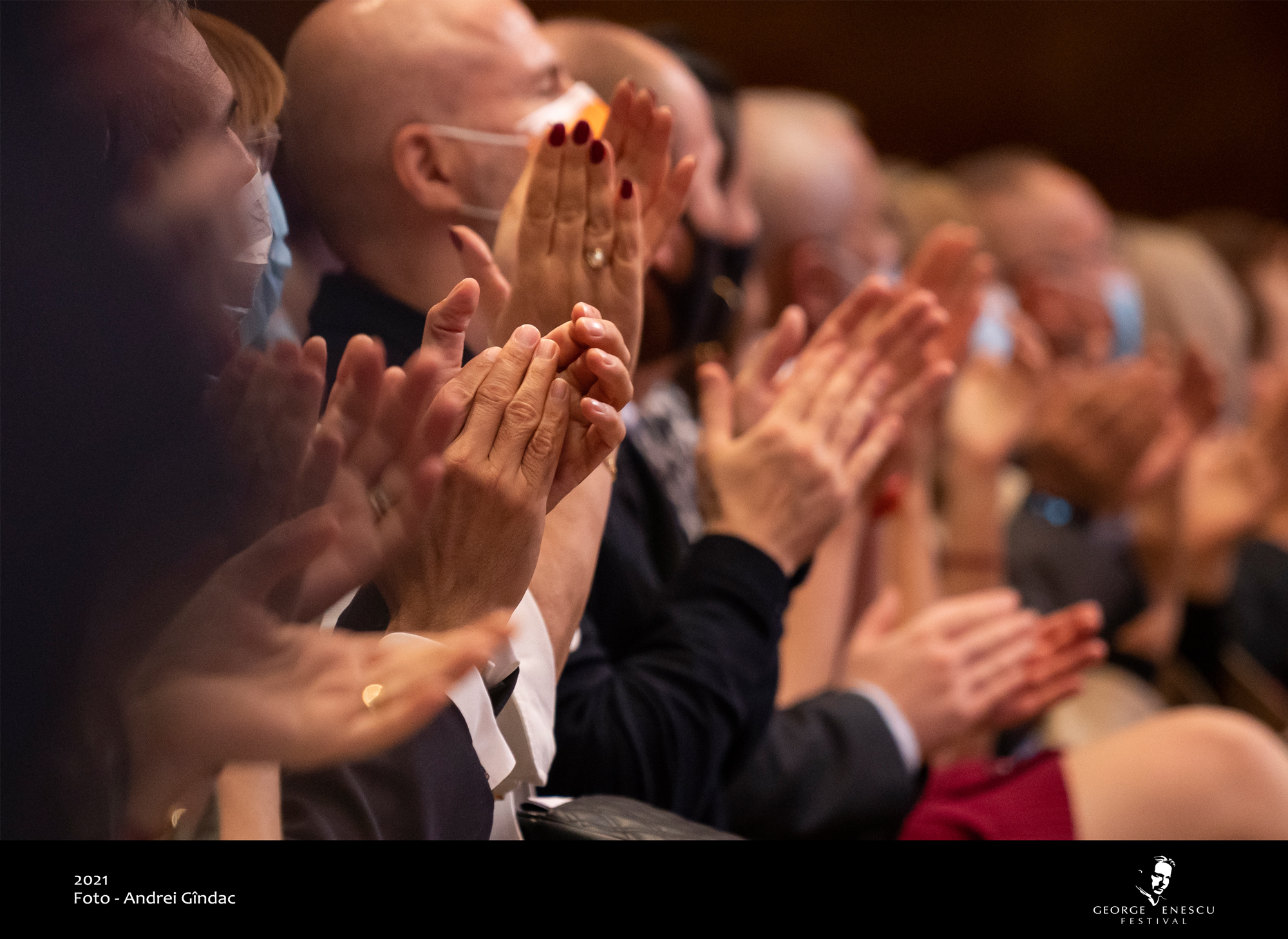Between June 24 and 27, the George Enescu Festival Online presents one of the most appreciated concerts of the 2019 edition. An indisputable star of classical scenes, the Royal Concertgebouw Orchestra Amsterdam under the baton of maestro Cristian Măcelaru has demonstrated once again, on the Palace Hall stage, its ensemble’s near-perfect virtuosity and cohesion. The Symphonic Poem Don Quixote by Richard Strauss, with violist Ken Hakii and cellist Truls Mørk as soloists, showcased some of the orchestra’s most admired fortes – the round sound, the perfect harmony, the velvety timbre of the string instruments. The piece was followed by Ludwig van Beethoven’s Symphony No. 3 in E flat major – ‘Eroica’, which was offered in a truly heroic version. A well-known masterpiece to any music lover worldwide, it was proposed in a rendition of absolute beauty, colored by a sea of thrilling shades.
Winner of a Grammy Award for Best Classical Instrumental Solo in 2020, together with violinist Nicola Benedetti, Romanian conductor Cristian Măcelaru is the Chief Conductor of the WDR Sinfonieorchester Köln starting with the 2019/20 season and will succeed Emmanuel Krivine as Chief Conductor of the Orchestre National de France from September 2021.
Cristian Măcelaru began his career as a violinist; he was the youngest concertmaster in the history of the Miami Symphony Orchestra. He later studied conducting with David Zinman, Rafael Frühbeck de Burgos, Oliver Knussen and Stefan Asbury, as well as with Larry Rachleff at Rice University in Houston, gaining public attention in 2012, when he conducted the Chicago Symphony Orchestra as a replacement for Pierre Boulez, in performances met with critical acclaim. In 2014 he won the Sir Georg Solti Conducting Award, having previously won the Sir Georg Solti Award for Best Emerging Conductor. Since then, Cristian Măcelaru has conducted prestigious ensembles worldwide, including the Los Angeles Philharmonic Orchestra, the Birmingham Symphony Orchestra, the Philadelphia Orchestra, as well as the renowned Royal Concertgebouw Orchestra Amsterdam.
The Royal Concertgebouw Orchestra is one of the most prestigious orchestras in the world. Time and time again, critics have lauded its unique sound, which stands out among thousands of others. The RCO’s string section has been called “velvety”, the sound of the brass “golden”, the timbre of the woodwinds “distinctly personal” and the percussion have an international reputation. The influence exerted on the orchestra by its chief conductors, of whom there have been only seven since the orchestra was founded in 1888, is also paramount. RCO Amsterdam is made up of 120 players hailing from over 20 countries. Despite its size, the orchestra functions more like a chamber orchestra in terms of the sensitivity with which its members listen to one another. Each performance is seen as an opportunity to offer the audience something unheard and untouched.
The atmosphere on stage, the orchestra’s roots in Amsterdam, and the organizational structure (the RCO Board also includes members of the orchestra), all converge to create exactly the right circumstances for exceptional music-making. The musicians are allowed to shine, yet still, share responsibility for the collective. They also share the aim of achieving and delivering the highest level of quality at every performance, an ambition that goes far beyond simply playing all the notes perfectly. On the occasion of its 100th anniversary in 1988, the orchestra officially received the appellation “Royal”. In addition to some eighty concerts performed at the Concertgebouw in Amsterdam, the Royal Concertgebouw Orchestra gives forty concerts at leading concert halls throughout the world each year.
Photo credit: Alex Damian
